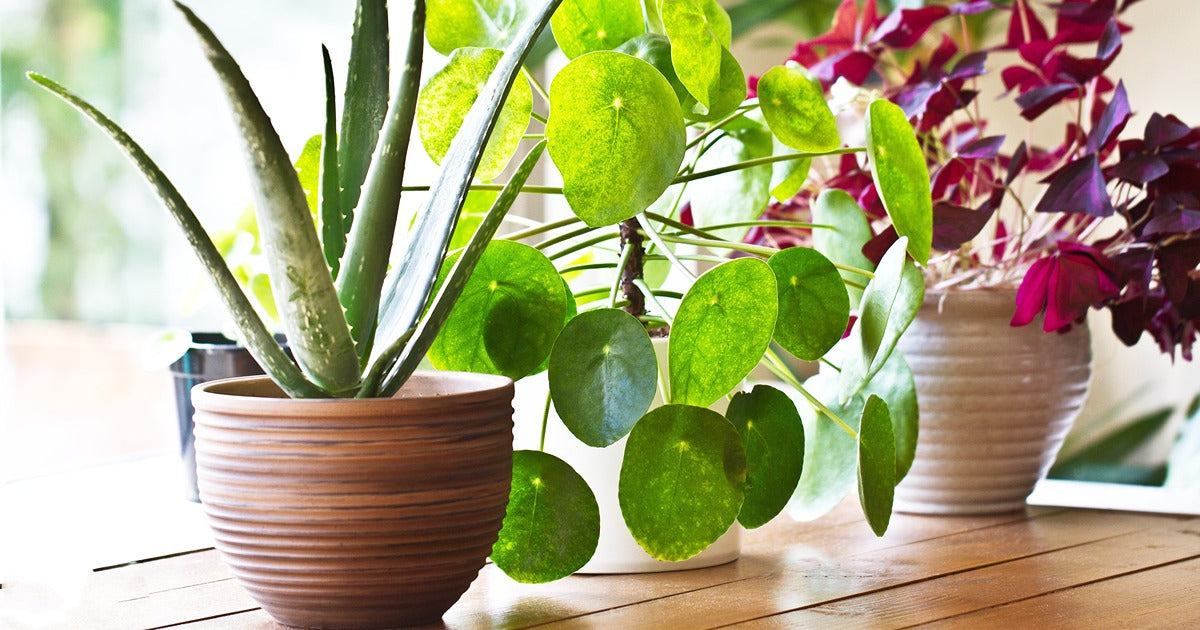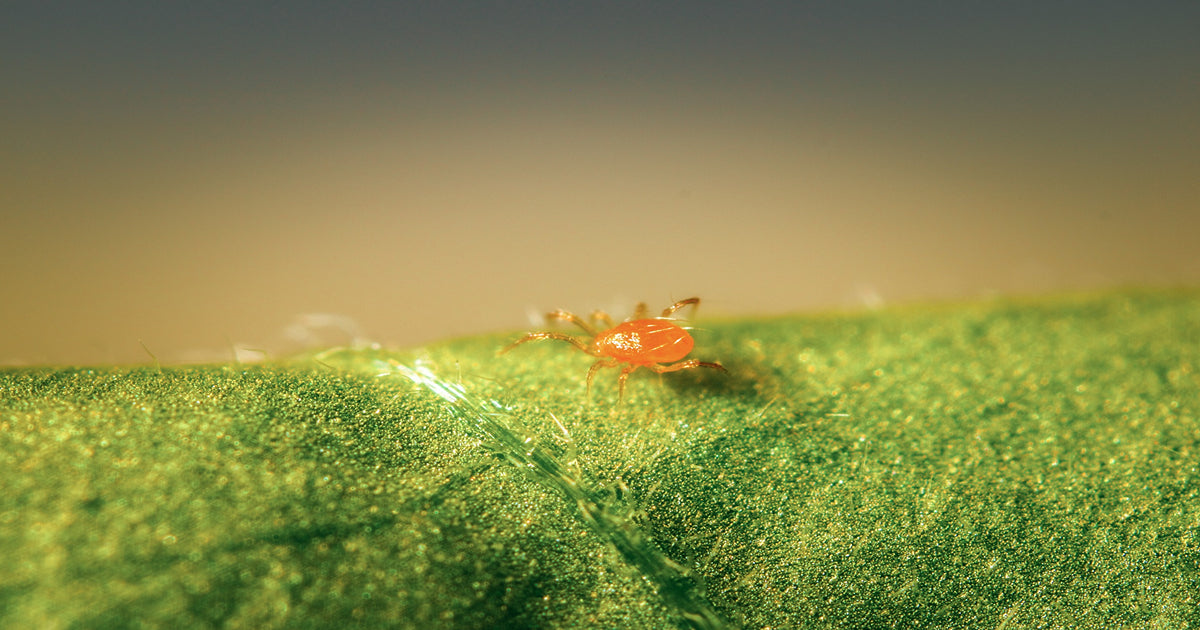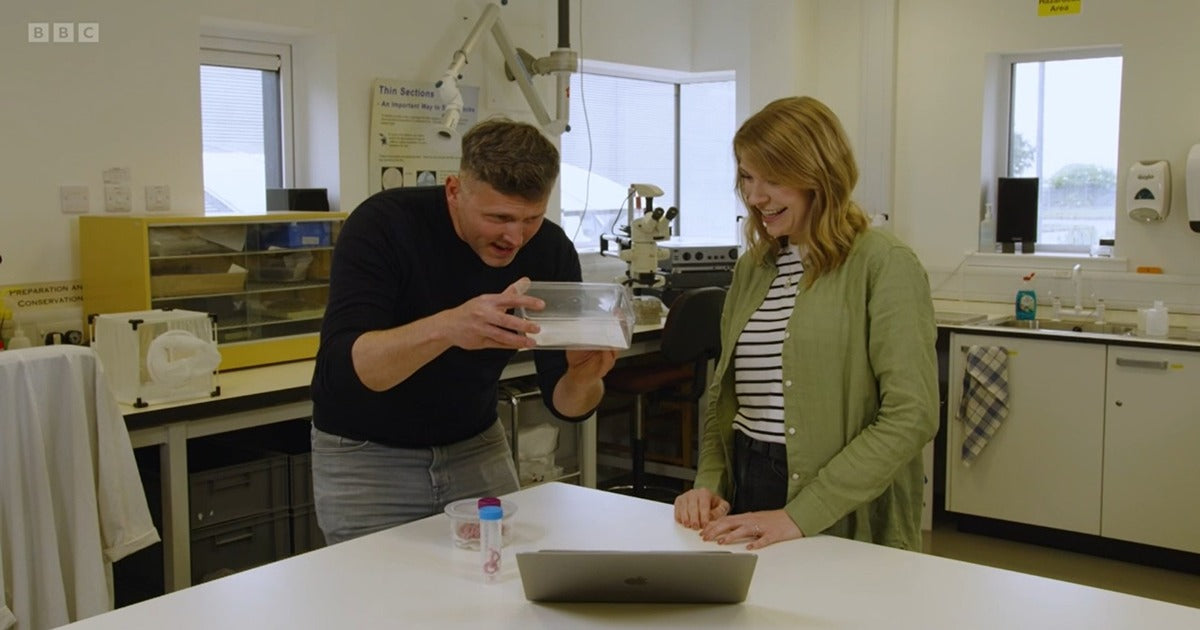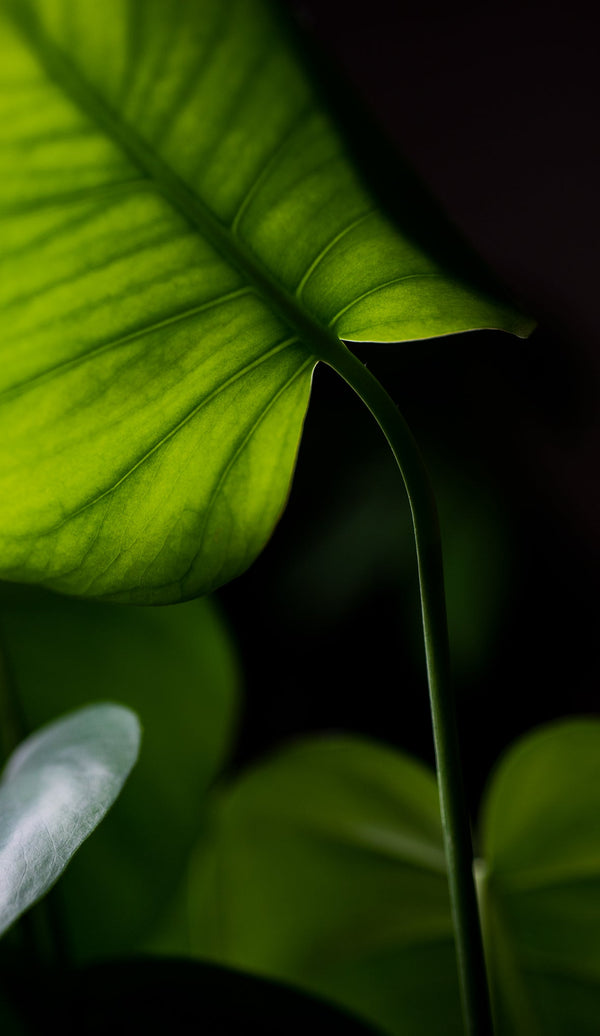
Dragonfli's House Plant Care Tips
It is easy to neglect and forget about House Plants. Some are quite resilient and can withstand such neglect but others cannot...
Water & Nutrition
Water and nutrition are essential for House Plants but required dosage varies from season to season and for different species of plants. During the winter it is important not to overwater and overly feed your plants as many slow their growth in the winter and as such do not require as much water or nutrition.
Your plants will still require water but you should ensure your applications are less frequent. How often you water your plant also depends on the species, or variety, of the plant. Cacti and Succulents, for instance, thrive in dry conditions and so do not want to be overwatered. Flowering plants, however, will require more regular watering.

Cacti and Succulents such as these will require far less watering than flowering plants.
House Plants should not require too much nutrition in the winter. Plant health can easily be maintained with the addition of biostimulants at watering. Dragonfli have now launched House Plant Boost, which is ideal for this, as it contains natural ingredients that improve and stimulate plant health. Made from herb and plant extracts, this boost aids plant resistance to stress, which can be caused by underwatering, or attacks by pests and diseases. House Plant Boost is also a natural liquid organic fertiliser which provides plant food for nutrition.

House Plant Boost will stimulate healthy plant growth while also improving resistance to stress & disease.
House Plant Boost is supplied as a concentrate that can be diluted with water and either watered into the compost, or applied as a mist to leaves. Both applications will help maintain plant health, vigour and growth throughout the year.
Light & Warmth
Light and warmth are also key to maintaining healthy plants. Move your plants closer to natural light where possible, but if you are placing plants on windowsills, be aware they can get very cold on a winter night, especially if next to single glazed windows. If your plants are in a greenhouse or conservatory without heat protect them from extreme cold and move them to warmer areas for the winter.

Natural light is vital for healthy plant growth but be careful, if leaving plants on windowsills, to ensure that they are not exposed to cold winters.
Re-potting & Cleaning
Re-potting plants is also important for plants that have vigorous root systems and cleaning leaves will help plant moisture and light absorption. Cleaning leaves can also help remove some pests such as Scale Insects and Mealybugs.
Cleaning plant leaves can help remove particular pests such as Scale Insects.
Winter House plant pests
House Plants can be vulnerable to insect pests, even during the winter. Many House Plants are now potted into very organic based composts which are beneficial for plant health but can encourage some insect pests.
Fungus Gnats
One of such pests being the Sciarid fly, often known as the Fungus Fly, which likes to lay its eggs in damp organic matter such as compost. The flies can be annoying in high numbers as they fly up when disturbed, but it is their larvae situated in the compost that are more damaging as they can feed on plant roots.
A safe and natural solution to these pests is the Dragonfli Fungus Fly Killer Nematodes which can be applied as a drench to the compost. The nematodes then quickly move through the compost killing the Fungus Fly larvae. House Plant Sticky Traps can also be placed in the pots to catch the adult flies. The traps can also provide an early warning of fly activity.
A combination of Fungus Fly Killer Nematodes and Sticky Traps will ensure both larval and adult stages of the fly are controlled.
Mealybugs
Another pest that can build up on House Plants is the Mealybug. These waxy insects crawl into cracks and crevices on plants in the winter and emerge in the spring and summer. On House Plants in warm rooms, however, they can continue to be active all year round. They feed on plant sap, and in high numbers will leave sticky deposits on plants which often grows black mold making leaves very unsightly.
In the winter and early spring the Mealybugs can be cleaned off plants manually or can be spot treated with the natural spray: SB Plant Invigorator. This product kills by a physical mode of action and does not contain any poison. It is therefore an entirely safe product to use and can also be used to treat other soft-bodied insect pests such as Whitefly.
SB Plant Invigorator works via physical action and contains no poison. It can be used in colder conditions to control Mealybug and Whitefly infestations.
For the biological control of Mealybug a predatory beetle larva called Cryptolaemus can be applied directly onto the Mealybugs. These larvae will crawl over plants consuming mealybugs and their eggs. Eventually they will pupate and turn into little ladybird-like beetles that also feed on Mealybugs. Cryptolaemus larvae have also been seen to feed on Scale Insects, another persistent pest of house plants.
For the biological control of Mealybugs, Cryptolaemus larvae can be applied.
Spring & Summer House Plant Pests
As we get into the spring other pests such as Whitefly, Spider Mite, Thrips and Aphids can all appear on indoor plants. Some of these, such as Spider Mite and Thrips, can be controlled with sachets of tiny predatory mites. These sachets are hung from plants and release predatory mites onto the plants that will seek out and feed on the relevant insect pest. The sachets release predators for over 4 weeks.

Sachets of predatory mites can be used to control Thrip and Spider Mite infestations on your house plants.
For information on any other insect pests that appear on your house plants check out our dedicated House Plant Care Page, or our Insect Pest Drop Down Menu on our website to find the correct biological control solution.











